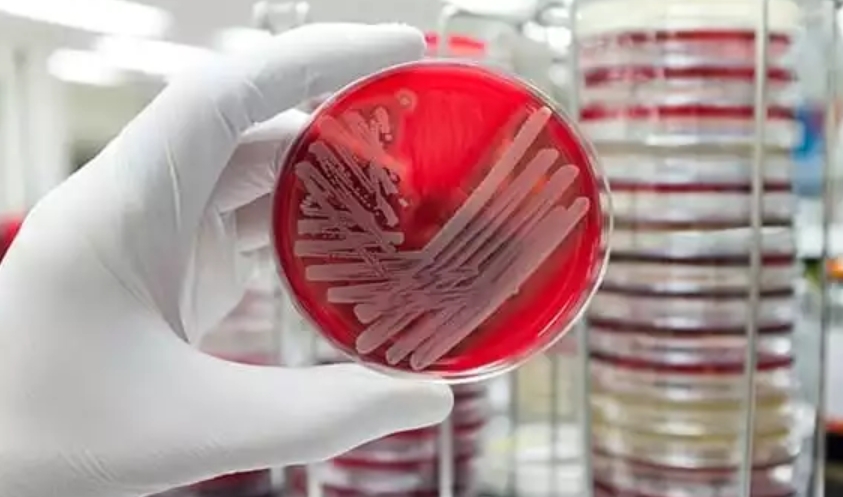CrisprBits develops PathCrisp for early detection of antibiotic resistance
February 20, 2025 | Thursday | News
New CRISPR-based platform combats antibiotic resistance in hospital-acquired infections by delivering results within two hours
image credit- shutterstock
Bengaluru-based biotechnology startup CrisprBits has developed PathCrisp, a platform for CRISPR-based molecular diagnostics for early detection of antibiotic resistance in hospital-acquired infections.
Antimicrobial resistance (AMR) is a critical global health challenge, requiring early and accurate detection of resistance markers in hospital-acquired infections, particularly in ICU settings. A recent analysis in The Lancet found that antimicrobial resistance (AMR) contributed to nearly 4.7 million deaths globally in 2021, with over a million directly caused by resistant infections. India alone has reported over a million AMR associated deaths in 2019.
Carbapenems, a class of antibiotics, often serve as the last line of defense against multi-drug-resistant bacterial infections. However, New Delhi metallo-beta-lactamase (NDM) driven carbapenem resistance is a major concern in hospitals across India, contributing significantly to the antimicrobial resistance burden. This enzyme enables bacteria to break down carbapenems and other beta-lactam antibiotics, severely limiting treatment options and posing a significant challenge in clinical settings.
CrisprBits' latest study, published in Nature Scientific Reports, showcases PathCrisp’s ability to detect carbapenem resistance in bacterial samples from patients. In the study, the PathCrisp platform was used to test the presence or absence of NDM in DNA isolated from 49 clinical bacterial samples. The data showed 100% concordance with other techniques used as the gold standard (PCR-Sanger sequencing) for the same. The study was a collaborative research between CrisprBits, with Sri Sathya Sai Institute of Higher learning, Puttaparthi, and Asoka University, NCR region.
Future R&D efforts will focus on adapting PathCrisp for low-resource settings by developing lyophilised reagents for room-temperature stability. Additionally, smart engineering approaches will be explored to create a multiplexed version, expanding its diagnostic capabilities.









